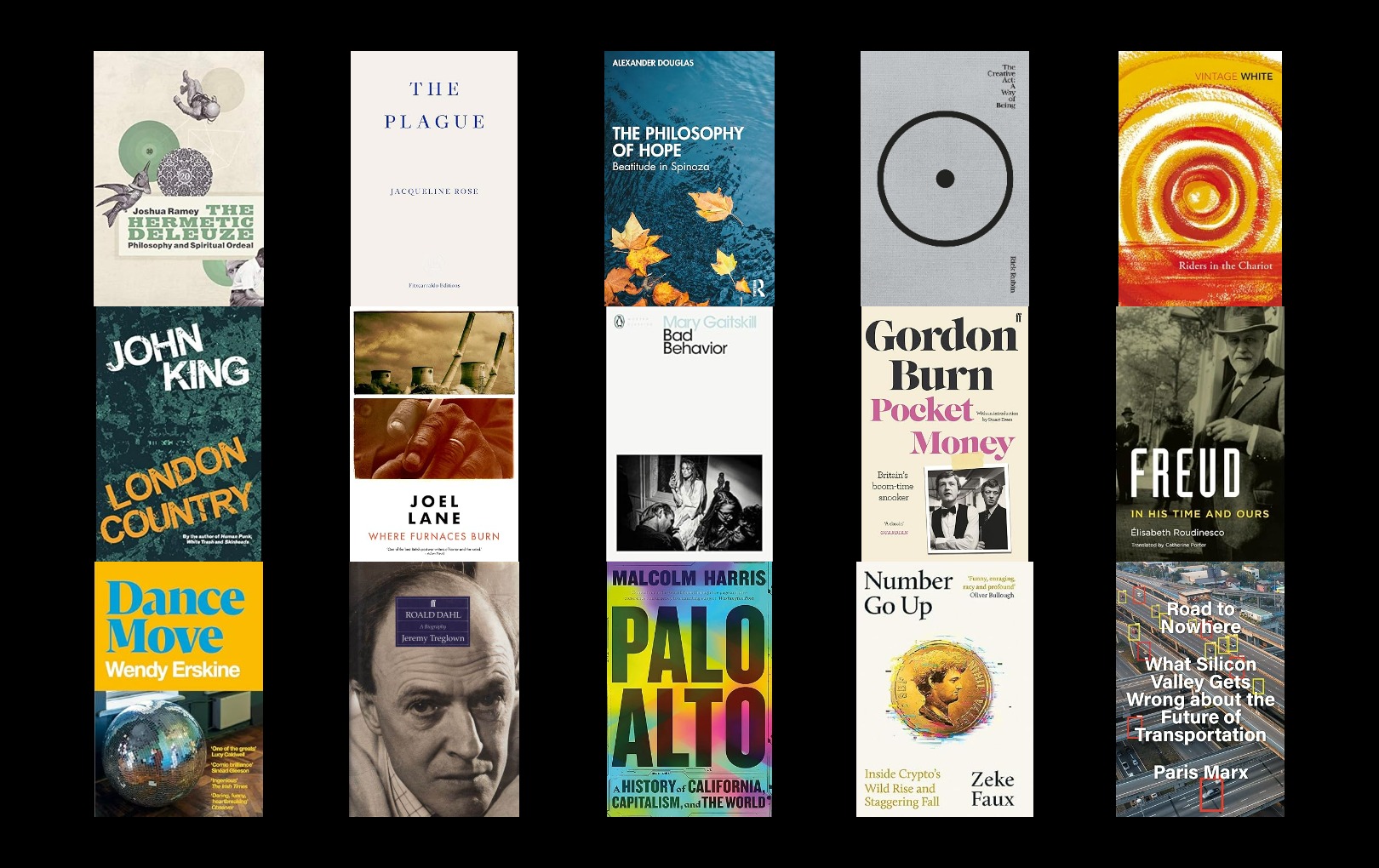
Brad Evans: I Know I Will Never Write a Better Book
If the measure of writing is to get as close as we can to the truth of existence, I know I will never write a
In a sense, Theresa May has done the left a great service by calling an early election. Had she not done so, and had the war of attrition between Corbyn’s enclave and the overwhelmingly hostile Labour right had continued until 2020, momentum, and indeed Momentum, would have dissipated, Corbyn would have got old and fatigued, another leadership election would have been on the cards and we would have ended up with a compromise candidate, an Owen Smith light, if such insubstantiality were even attainable in physical form. The popularity, or otherwise, of Corbyn and a manifesto that could only have been drawn up from the left of the party, only emerged through a Momentum/Corbyn/McDonnell axis, would never have been publically tried. We would never have had a surge in young people registering to vote, never have had the opportunity for a broadly social democratic project to have access to the media or tour the country holding rallies, we wouldn’t have had a groundswell of grassroots’ participation. Most importantly, perhaps, the general public wouldn’t have had any kind of unmediated access to Corbyn himself.
Something evident in both leadership campaigns was that this is where Corbyn thrives. The opportunity to go out and meet the public delights him, even across the course of this campaign he appears to have become physically more robust and energetic, looks better, seems to have grown younger, in marked contrast to May, who appears more grim, grizzled, brittle and embattled the longer it goes on. Where the agent of capital is a veritable Grey Vampire surrounded by wizened acolytes, repeating the same diminished incantations over and over in airless rooms, Corbyn feeds off democratic energies, amplifying them and returning them to the crowd. His charisma derives from this, it is in a sense borrowed charisma, the democratic charisma that results from being a conduit, a listener, a collaborator, a leader in a different mode, one who helps to articulate a common set of struggles, oppositions and needs . As a vessel for others, he is restored, replenished, it’s not energy taken, dim parcels of fear and resignation grudgingly extruded, but energy freely given and it lends Corbyn his saintly air—he is also elevated by this process, takes on something beatific, joyful; this is what we mean when we say a man of the people.
Corbyn’s standing for Labour leader, then, was an enormous serendipity, one that his supporters have understood and wisely refused to allow the centrists to crush. Finding any adequate substitute will be hard and, come what may on Thursday, any move to replace him has to be resisted,. A Corbynism without Corbyn may be possible but it won’t be attained by a focus-group obsessed soundbiter in a nice suit; the era of the professional PPE parachuted-in politician is definitively over, because the era of the Goldilocks economy, in which they rolled up their shirt sleeves once every five years to give the economy a little tweak up or down a degree no longer exists, nor is it coming back.
Win or lose this time, the future is forming and it belongs to the left.
Carl Neville is the author of Resolution Way (Repeater, 2016)

If the measure of writing is to get as close as we can to the truth of existence, I know I will never write a

To accompany his latest piece with Tariq Goddard in The Quietus on True Detective Season 4 and the legacy of In The Dust of This Planet, Eugene

As another turbulent year draws to a close, the Repeater team put forward their favourite reads for the festive season. Publisher, Editor, and Author Tariq

If the measure of writing is to get as close as we can to the truth of existence, I know I will never write a

To accompany his latest piece with Tariq Goddard in The Quietus on True Detective Season 4 and the legacy of In The Dust of This Planet, Eugene

As another turbulent year draws to a close, the Repeater team put forward their favourite reads for the festive season. Publisher, Editor, and Author Tariq
